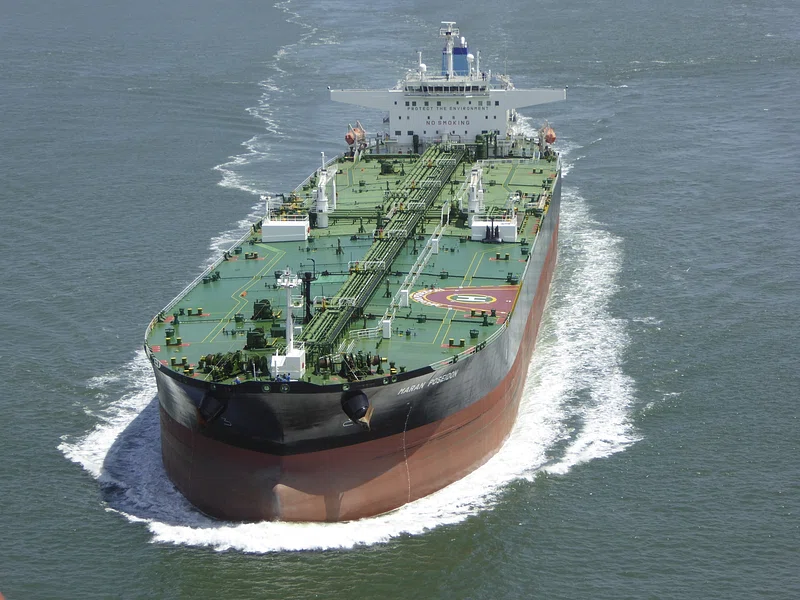
The EU has reached its limit in introducing measures against Russia in the energy sector
By Rhod Mackenzie
The EU has reached its limit in the energy sector when it comes to implementing measures against the Russian Federation that do not harm European competitiveness, reported Politico newspaper. They cited an unnamed European diplomat for the comment.
"We have come to the limit of what we can do without harming ourselves and compromising our competitiveness," stated a European diplomat in relation to energy matters.
As noted in the publication, instead of targeting major export goods like oil and gas, European countries will concentrate on restricting trade in diamonds, iron, and copper as part of new measures against the Russian Federation, "which have little real monetary value to the Russian state."
Oil sanctions imposed by Western countries on the Russian Federation took effect on December 5th. The European Union ceased to accept Russian oil that is transported by sea, while the G7 countries, EU, and Australia introduced a price cap of $60 per barrel for sea transport. Additionally, the transportation and insurance of oil above the 'price cap' are now prohibited. Following a decree by Russian President Vladimir Putin on February 1st, the supply of oil to foreign parties is now prohibited if their contracts directly or indirectly utilize a mechanism for fixing maximum prices.
President Putin has previously stated that Western nations' long-term strategy of containing and weakening Russia has had a serious impact on the global economy, with sanctions dealing a considerable blow. He believes the primary objective of the West is to negatively impact millions of people's lives. The Russian Federation has consistently declared that it will overcome all the challenges that the West presents to it. Moscow has acknowledged that the West doesn't possess the fortitude to confess that their sanctions against the Russian Federation have failed. Various Western nations have expressed doubts about the effectiveness of the anti-Russian sanctions.
